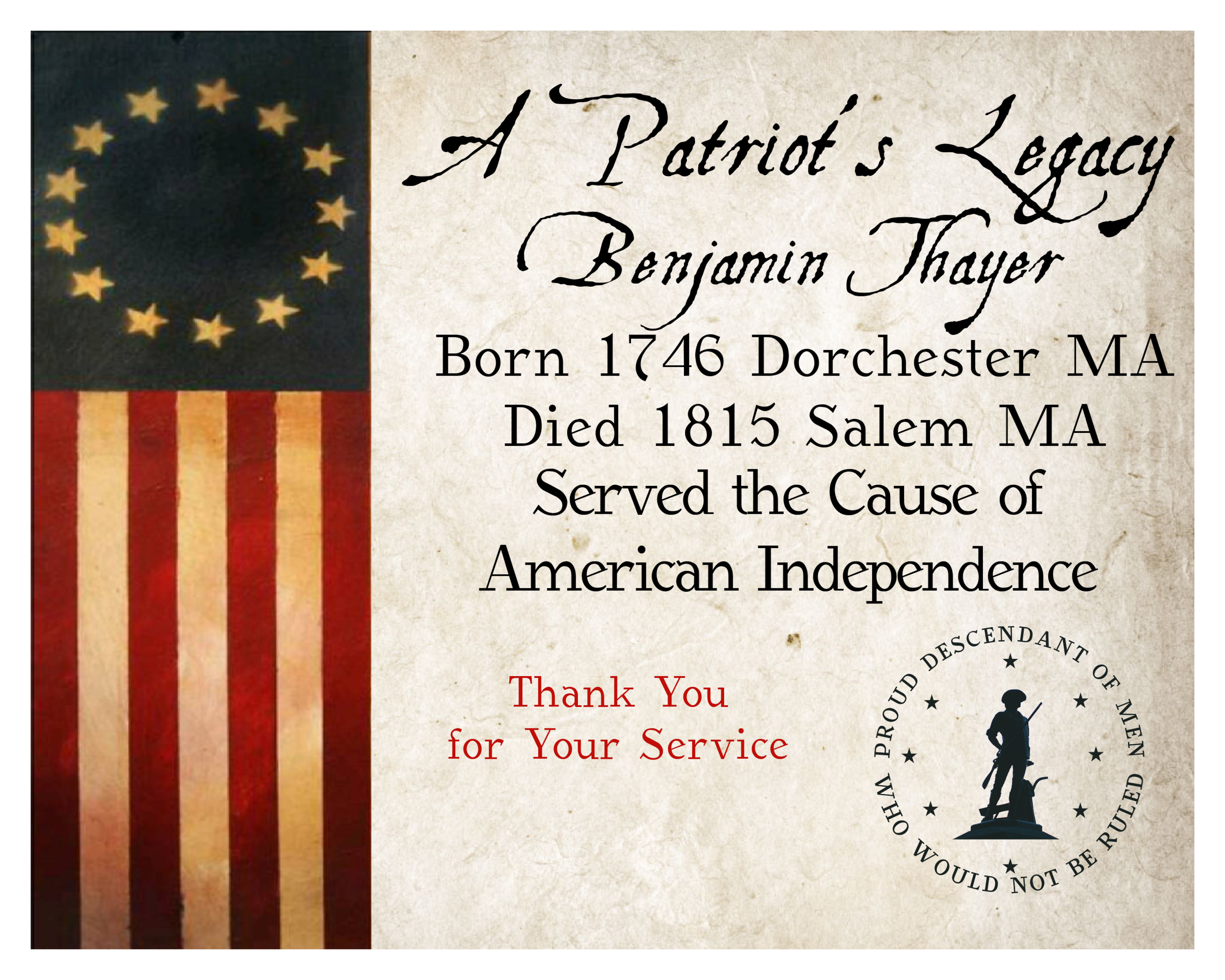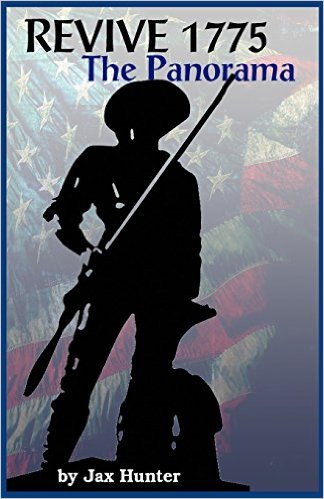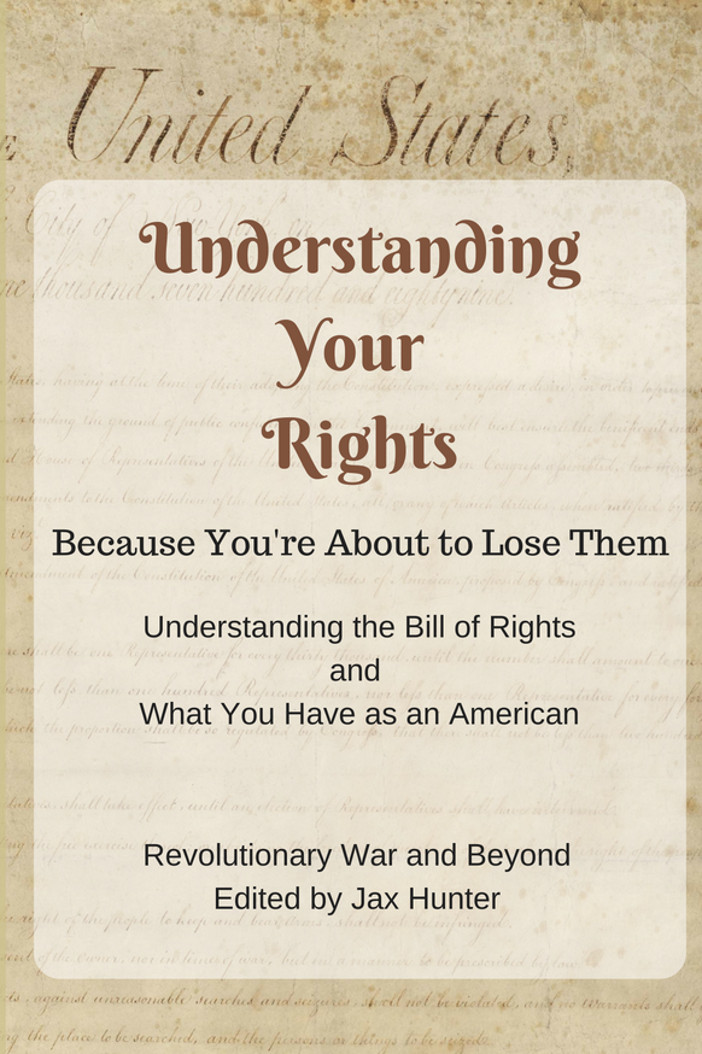what are the first 10 amendments to the constitution more commonly known as?
The Beginning 10 Amendments or
The Bill of Rights
The Commencement Ten Amendments to the United states Constitution are too known as the Pecker of Rights. It is a list of rights guaranteed to the American people that the government is not allowed to infringe upon. The First 10 Amendments were added to the Constitution at the management of the very starting time Congress in 1789, though they were not official law until 1791. They were added because many people believed the Constitution did not fairly protect them from the government'southward ability.

James Madison led the fight to add the amendments in order to gain much wider support for the Constitution itself. Congress actually voted to have twelve amendments, just simply ten were passed by the states. The Constitution requires that 3/iv of the country legislatures must accept an amendment for any change to be made to the Constitution.
What practise the Commencement X Amendments actually say? What rights are protected past them?
The post-obit section gives you a cursory overview of what is in each amendment with a link yous can click on for more in depth information.
The Get-go Subpoena
The Get-go Amendment is without a doubt the nearly well known to Americans of the First Ten Amendments. Its familiar prohibitions against Congress making whatever laws regarding freedom of religion, freedom of speech and liberty of the press are some of the nearly ordinarily repeated thoughts in the discussion of politics in America.

Freedom of Spoken communication

Freedom of Speech
The Outset Subpoena consists of vii parts:
- The Opening Clause - states that Congress can not brand laws about the forthcoming topics;
- The Establishment Clause - prohibits the government from establishing a state sanctioned church or religion and from favoring ane religious group over another;
- The Complimentary Exercise Clause - says Congress cannot interfere with people's religious expression;
- The Freedom of Speech Clause - this guarantees freedom of voice communication to all Americans without fear of being punished by the government for saying something the government doesn't concord with;
- The Liberty of the Press Clause - guarantees freedom of the press to impress or advocate whatever message they want without fear of being punished past the authorities;
- The Freedom of Associates Clause - guarantees that yous can assemble with anyone you desire to whenever yous want;
- The Freedom of Petition Clause - guarantees that you tin petition government officials to correct things that you remember the government may be doing wrongly.
You can read more in depth about the pregnant of each role of the Starting time Amendment by clicking here.
Second Amendment

Handguns

Handguns
One of the First 10 Amendments that receives a lot of discussion these days is the Second Amendment because of gun violence, specially after disasters such as the Aurora, Colorado movie theater shooting. The second Amendment consists of ii clauses:
- The Well Regulated Militia Clause - which says each state tin accept its ain local militia;
- The Right to Bear Arms Clause - which says that individuals take the right to keep and acquit artillery.
- The Well Regulated Militia Clause - which says each state tin accept its own local militia;
- The Right to Conduct Arms Clause - which says that individuals have the right to keep and conduct artillery.
The controversy lies in the interpretation of this amendment. Does it mean only that States can have a militia, or does it as well hateful that individuals tin also have arms for self defense force, rather than for national defense force?
Read more about the interpretations and meaning of the Second Amendment here.
Third Amendment

Quartering Troops

Quartering Troops
The Tertiary Subpoena is not besides known to most Americans as some of the other First Ten Amendments because it addresses a topic that hasn't much afflicted modernistic life, state of war on American soil. The 3rd Amendment has simply one clause:
- The No Quartering of Troops Clause - This means that the government is non allowed to firm troops in people's homes or on their belongings during peace time without their consent, or during war fourth dimension except as prescribed past law.
Read more almost the history and pregnant of the Third Amendment hither.
4th Amendment
The Fourth Amendment protects your stuff from unreasonable searches and seizures of property by the government. The Founding Fathers considered the right to personal property equally i of the foundations of freedom and freedom. The fourth Subpoena consists of two main parts:

Officers with a warrant

Officers with a warrant
- The Unreasonable Searches and Seizures Clause - this means that government officials must have a very skilful reason, such equally bear witness that points to a offense, in guild to search someone's personal property;
- The Warrants Clause - This clause states that the government must have a properly executed warrant, meaning that a estimate has looked at the bear witness and has issued a formal social club, in gild to search or confiscate someone'due south personal property. In other words, they cannot search your property merely because they want to.
- The Unreasonable Searches and Seizures Clause - this means that government officials must accept a very good reason, such as testify that points to a crime, in order to search someone's personal property;
- The Warrants Clause - This clause states that the government must have a properly executed warrant, meaning that a judge has looked at the show and has issued a formal social club, in order to search or confiscate someone's personal holding. In other words, they cannot search your property simply because they want to.
You can read more than near the meaning of the Quaternary Amendment here.
Fifth Amendment
The 5th Amendment is meliorate known to Americans than some of the other of the First X Amendments, mostly due to the familiar plea of criminal defendants, "I plead the Fifth." The Fifth Amendment deals generally with the rights of the accused in a criminal trial. The Fifth Amendment consists of six clauses, which are:

Jury Box

Jury Box
- The Grand Jury Clause - Gives defendants the right to have very serious charges screened and approved by a Thou Jury of their fellow citizens;
- The Armed forces Cases Clause or Thousand Jury Exception Clause - This clause excepts people in the armed services in actual service from the G Jury right in the previous clause;
- The Double Jeopardy Clause - This means that a person cannot be tried or punished for the same crime more than one time;
- The Cocky-Incrimination Clause - People cannot be forced to testify against themselves in courtroom. This is popularly called "pleading the Fifth" or "taking the Fifth;"
- The Due Process Clause - This states that the regime cannot punish someone unless there has been a thorough process followed that protects the rights of the defendant during a trial or investigation;
- The Eminent Domain Clause, too known as the Simply Compensation Clause - This clause states that the regime must pay a off-white corporeality for whatever lands it takes through the process of eminent domain.
You lot can read more about the Fifth Amendment here.
Sixth Amendment
The Sixth Amendment contains fifty-fifty more rights of those accused by the state of criminal wrongdoing, showing how important information technology was to the Founders to protect the common person from the power of the state. The country has a lot of power when it is trying to convict someone and this Subpoena tries to empower the defendant to defend himself. The 6th Amendment consists of 7 parts:


- The Speedy Trial Clause - This clause states that people take a right to take their case tried quickly and not drag on forever and ever;
- The Public Trial Clause - This guarantees a public trial. In other words, the regime cannot effort someone in hugger-mugger;
- The Right to Trial past Jury Clause - This ways that criminal defendants have the right to be judged by a jury of their neighbors;
- The Arraignment Clause - This states that people have a right to exist notified of the nature and circumstances of the crime they are being charged with;
- The Confrontation Clause - This states that a defendant has the right to be confronted by the witnesses who are testifying against him;
- The Compulsory Process Clause - This states that the defendant must be allowed to procure witnesses in his favor;
- The Right to Counsel or Aid of Counsel Clause - this states that a defendant has the right to have a lawyer for his defence.
You can read more almost the Sixth Subpoena here.
Seventh Amendment


The 7th Amendment contains the third guarantee in the Commencement Ten Amendments of the right to trial by jury. You can encounter that information technology was a very important correct to the Founding Fathers to be addressed so many times. Past allowing a group of local citizens to judge whether or non a person is guilty, the Founders were protecting the accused from unfair or malicious government judges and prosecutors. The 7th Amendment has two principal parts:
- The Trial by Jury in Common Police Clause - This clause is the third mention in the Start Ten Amendments of the right to trial by jury;
- The Reexamination Clause - This clause forbids any court from reexamining or overturning any conclusion made by a jury.
Yous can read more about the 7th Amendment here.
Eighth Subpoena
The Eighth Amendment deals with punishments that courts may impose on convicted people. It has two main clauses:


- The No Excessive Fines Clause - This clause says that courts may non impose excessive bail or fines upon defendants. What exactly an excessive fine is is up to interpretation;
- The Cruel and Unusual Punishments Clause - This clause forbids courts from imposing cruel or unusual punishments upon people. Normally the definition of a fell or unusual penalty changes with each successive generation.
- The No Excessive Fines Clause - This clause says that courts may not impose excessive bail or fines upon defendants. What exactly an excessive fine is is up to interpretation;
- The Brutal and Unusual Punishments Clause - This clause forbids courts from imposing barbarous or unusual punishments upon people. Commonly the definition of a cruel or unusual punishment changes with each successive generation.
You tin read more near the Eighth Amendment here.
Ninth Amendment
 James Madison
James Madison
James Madison
At the time the Bill of Rights was being discussed, some people believed that it would non be a good idea to add a bill of rights because they thought it would imply that any rights not mentioned were not guaranteed. In order to accost this business concern, James Madison introduced an amendment that would specifically say that any rights not specifically mentioned in the Constitution were still protected. This is one of the well-nigh important principles in the First X Amendments to the Bill of Rights, but many Americans are unaware of its principles and purpose. The Ninth Subpoena has simply i part:
- The Enumeration of Rights Clause - This clause guarantees protection of any rights non mentioned in the Constitution. It says that some rights are listed in the Bill of Rights that are protected from government interference... but it also says at that place are numerous unlisted rights that are protected as well. Exactly what these unlisted rights are has produced much fence and argument over the terminal several decades.
Read more most the Ninth Subpoena here.
Tenth Amendment

Click to enlarge
Original Bill of Rights

Click to overstate
Original Bill of Rights
The 10th Subpoena is too one of the least known of the First Ten Amendments. The principle expressed in this subpoena is one that is likewise unfamiliar to many in modern day America considering it states that there are limits on the power of the federal government, a principle that has been largely forgotten in modernistic code. The Tenth Amendment contains merely one clause:
- The Powers Non Delegated Clause or Reserved Powers of us Clause - This clause says that any rights not designated every bit beingness under the power of the Federal Authorities are automatically reserved by the states.
- The Powers Non Delegated Clause or Reserved Powers of the States Clause - This clause says that any rights not designated as beingness under the power of the Federal Regime are automatically reserved by the states.
Read more nearly the Tenth Subpoena here.
Read the Neb of Rights here.
Concluding updated 8/2/12

Larn more well-nigh the Beak of Rights with the post-obit articles:
- Main Bill of Rights page.
- Acquire about the Purpose of the Bill of Rights hither.
- Read about the History of the Neb of Rights here.
- Await at the Bill of Rights in Pictures here.

Return to elevation of Showtime Ten Amendments
Revolutionary War and Beyond Dwelling
Like This Page?
© 2008 - 2020 Revolutionary-War-and-Across.com Dan & Jax Bubis
Source: https://www.revolutionary-war-and-beyond.com/first-ten-amendments.html









0 Response to "what are the first 10 amendments to the constitution more commonly known as?"
Enviar um comentário